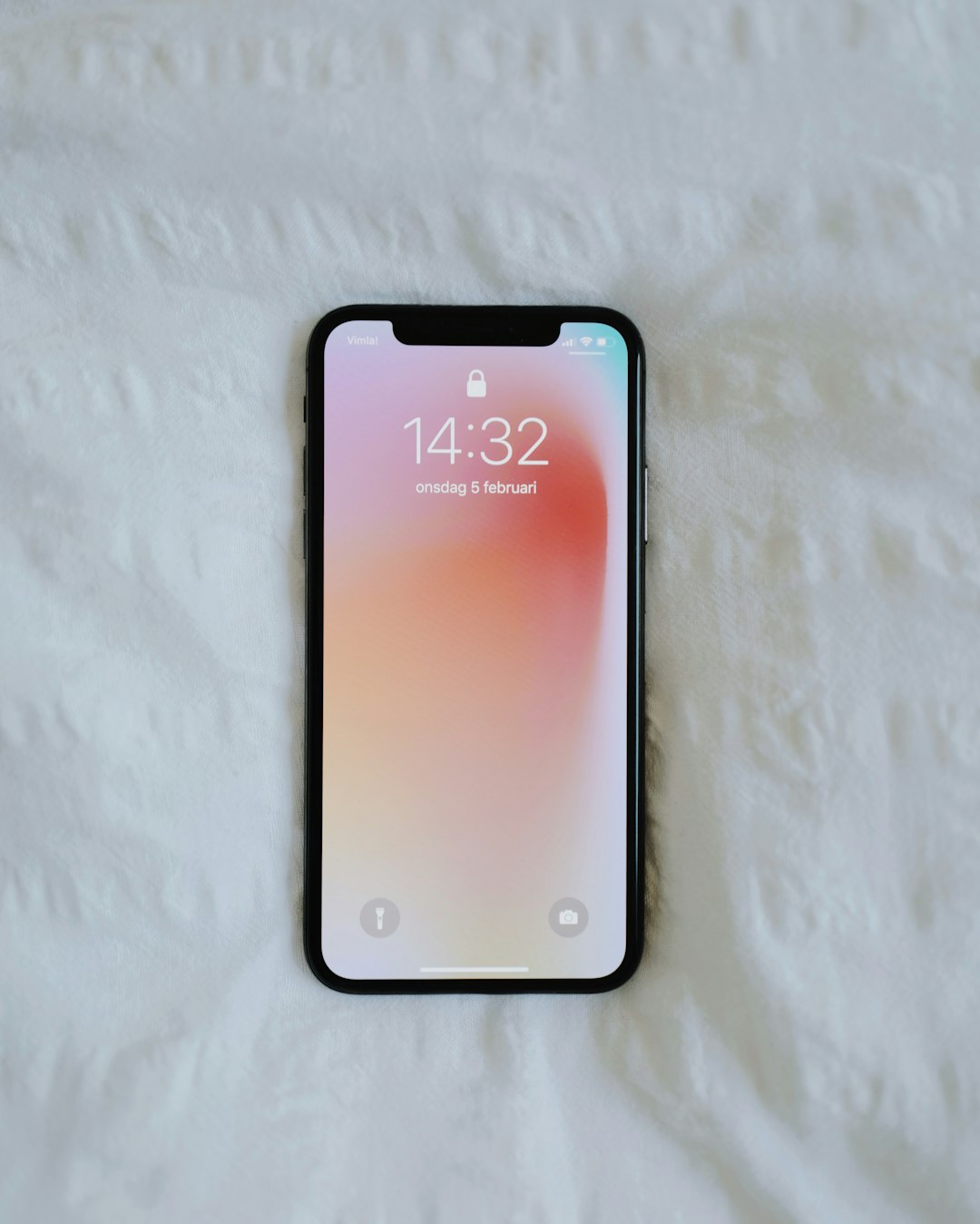Los Angeles faces robocall scams from fake law firms and government agencies, tricking citizens into sharing personal data. Social media raises awareness via hashtags, groups, and ads, empowering residents with tools like "Do Not Call Lawyer Los Angeles." Proactive measures include National Do Not Call Registry registration, call-blocking apps, education, and reporting suspicious calls. The LA Attorney General's office stresses vigilance, and consulting a Do Not Call Lawyer offers enhanced protection against scams.
In the digital age, social media has emerged as a powerful tool to combat scams, particularly robocall fraud in densely populated areas like Los Angeles. This article explores how Los Angelenos are leveraging online platforms to raise awareness about these pervasive and annoying calls, targeting consumers with deceptive messages. From spreading educational content to sharing practical strategies for protection, social media is playing a pivotal role in empowering residents to defend against rogue robocallers – without the need to enlist a Do Not Call Lawyer Los Angeles.
The Prevalence of Robocall Scams in Los Angeles

Los Angeles, a bustling metropolis known for its vibrant culture and diverse communities, has also become a hotspot for robocall scams. These automated calls, often pretending to be from legal firms or government agencies, have become a common nuisance for many Angelenos. The calls typically claim urgent action is needed regarding legal issues or tax obligations, urging recipients to contact back immediately. While some may be legitimate, numerous instances have been reported where these robocalls are nothing more than fraudulent attempts to trick individuals into sharing personal and financial information.
The “Do Not Call” lawyer services in Los Angeles have seen a surge in relevance as citizens become more aware of these scams. Many residents, tired of the persistent and often aggressive calls, are now turning to such legal protections to silence the unwanted communication. With robocall technology advancing, it’s crucial for folks in L.A. to stay vigilant and informed, ensuring they don’t fall victim to these deceptive practices.
Social Media as a Tool for Awareness and Education

Social media platforms have emerged as powerful tools for raising awareness about various issues, including robocall scams. In the case of Los Angeles, a bustling metropolis with a diverse population, social media offers a direct channel to educate and warn residents about these deceptive practices. Platforms like Twitter, Facebook, and Instagram allow local authorities, consumer protection agencies, and even neighbors to share information and tips on how to identify and avoid robocalls, particularly those posing as legal services or offering fake rewards.
By leveraging hashtags, targeted ads, and community groups, relevant content can reach a wide audience quickly. For instance, sharing Do Not Call Lawyer Los Angeles campaigns and success stories can encourage citizens to take proactive measures against scammers. This digital awareness fosters a more informed community, capable of collectively fighting fraud and protecting themselves from potential losses.
Strategies to Combat Robocalls and Protect Consumers

To combat robocalls effectively, consumers in Los Angeles can take several proactive steps to protect themselves. One powerful strategy is to register on the National Do Not Call Registry. This federal list restricts telemarketers from calling phone numbers listed on it, significantly reducing unwanted calls. Additionally, installing reputable call-blocking apps or software can filter out robocalls at the network level.
Education is another key weapon. Consumers should stay informed about common robocall scams and learn to identify suspicious calls. The Los Angeles Attorney General’s office often releases updates on new scams, encouraging residents to be vigilant. Reporting robocalls to relevant authorities is also crucial; this data helps in tracking and prosecuting scammers. Moreover, avoiding interactions with suspected scammers and never providing personal information over the phone can significantly minimize risks.






